That is baby boy NTBK (in Hanoi), weighing only 600 grams at birth, an extremely premature baby (25 weeks gestation, born normally on February 18, 2023). After birth, the baby was malnourished, had respiratory failure, hiccups, had very slow reflexes, had to be put on a ventilator, and was cared for and treated at the Center for Neonatal Care and Treatment - National Maternity Hospital.
The baby was resuscitated well right from the delivery room, prevented respiratory failure, kept in an incubator (ensuring warmth, humidity and environmental isolation); treated early for neonatal infections, given total parenteral nutrition early in the first hour and applied the strategy of early breastfeeding with increasing daily intake.
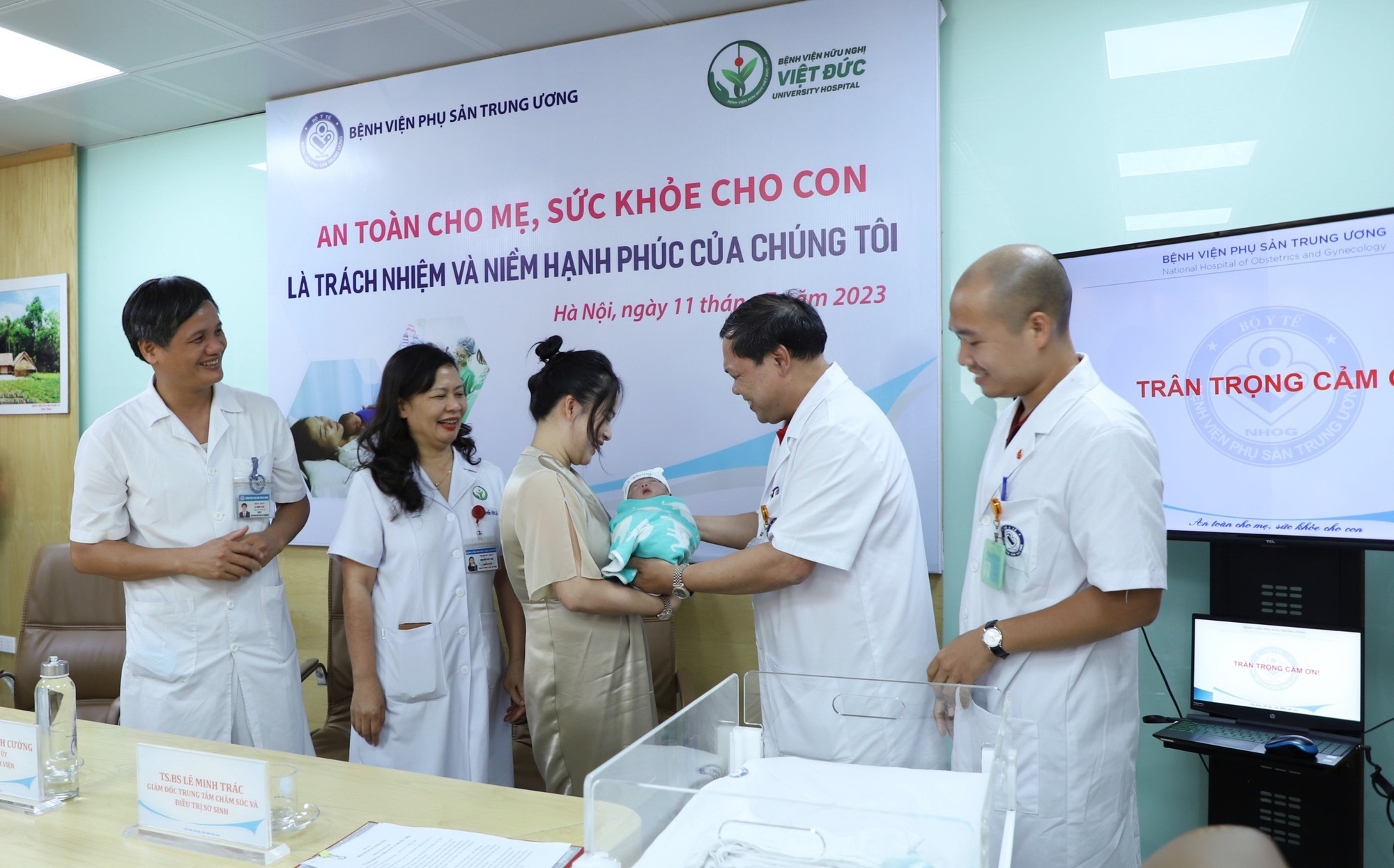
The happiness of doctors and family when extremely premature baby is successfully cared for and treated
2 weeks after birth, the baby gained 700 grams. However, after that, the baby suffered from necrotizing enterocolitis and toxic shock, which are very common complications in extremely premature, extremely low birth weight babies. The baby was found to have a hard, inflamed mass of intestine and abdominal distension. The doctors consulted and diagnosed the baby with intestinal stenosis after necrotizing enterocolitis, and indicated surgery to cut the narrowed segment and reconnect it. Baby K. was transferred to Viet Duc Friendship Hospital for surgery.
Associate Professor Nguyen Viet Hoa, Head of the Department of Pediatric Surgery, Viet Duc Friendship Hospital, said: "The baby's intestines are narrowed, only 1/5 the size of a normal child's intestines. For premature babies, the risk of hypothermia during surgery is very high, which can lead to brain loss. Therefore, during surgery, the surgical team must always have a plan to maintain the baby's body temperature and protect the brain so that the baby can develop normally."
After surgery, the baby continued to be cared for and nourished at the Central Obstetrics Hospital; was taken off the ventilator 6 hours after surgery; and was fed completely through the digestive tract 10 days after surgery. The baby now weighs 2.2 kg, eats well, can breastfeed, can smile spontaneously, and can ask to be held by the mother.
According to the Central Obstetrics Hospital, extremely premature babies have weak liver, kidney, brain, and intestines. Malnutrition and severe illness, and the risk of hypothermia (in newborns, for every 1 degree Celsius drop in body temperature, the risk of death increases by 25%) put the baby at risk of death at any time, which are great difficulties in the process of treatment, care, and surgery for the baby.
This is the longest treatment case at the hospital, and doctors from the two hospitals coordinated care and successfully operated on it.
Source link


![[Photo] Nhan Dan Newspaper announces the project "Love Vietnam so much"](https://vstatic.vietnam.vn/vietnam/resource/IMAGE/2025/4/17/362f882012d3432783fc92fab1b3e980)

![[Photo] National Assembly Chairman Tran Thanh Man meets with outstanding workers in the oil and gas industry](https://vstatic.vietnam.vn/vietnam/resource/IMAGE/2025/4/17/1d0de4026b75434ab34279624db7ee4a)
![[Photo] General Secretary To Lam receives French Ambassador to Vietnam Olivier Brochet](https://vstatic.vietnam.vn/vietnam/resource/IMAGE/2025/4/17/49224f0f12e84b66a73b17eb251f7278)
![[Photo] Promoting friendship, solidarity and cooperation between the armies and people of the two countries](https://vstatic.vietnam.vn/vietnam/resource/IMAGE/2025/4/17/0c4d087864f14092aed77252590b6bae)
![[Photo] Closing of the 4th Summit of the Partnership for Green Growth and the Global Goals](https://vstatic.vietnam.vn/vietnam/resource/IMAGE/2025/4/17/c0a0df9852c84e58be0a8b939189c85a)
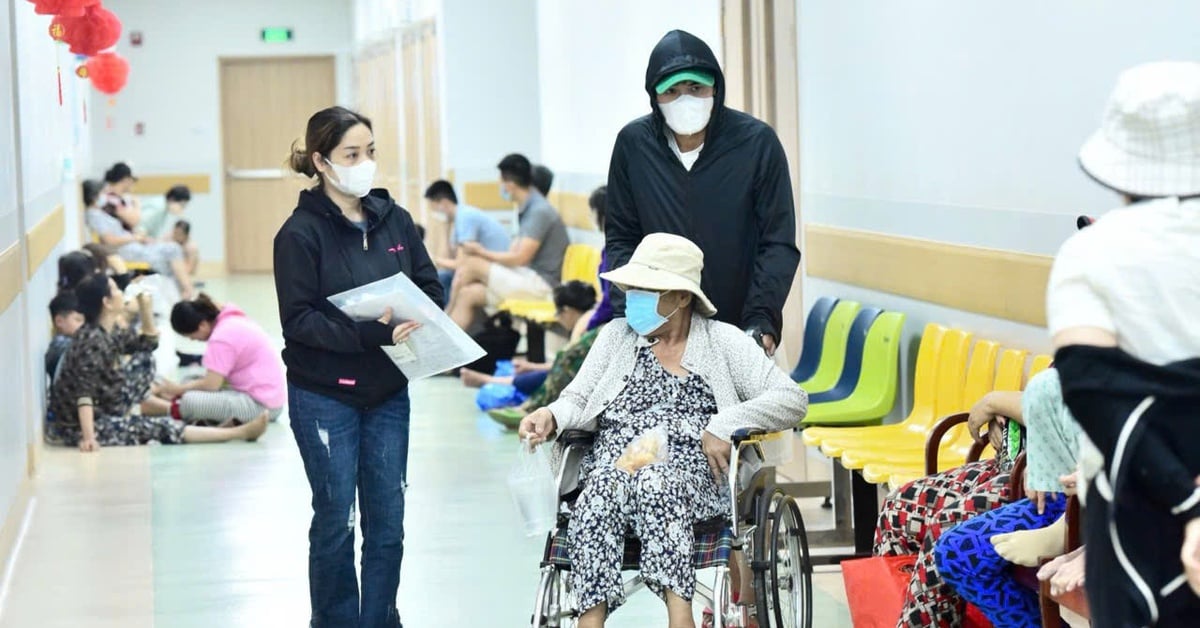

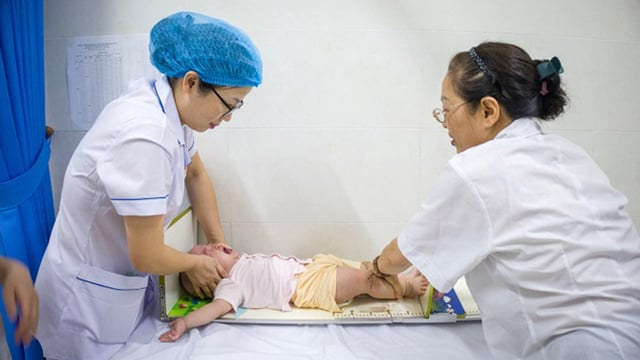

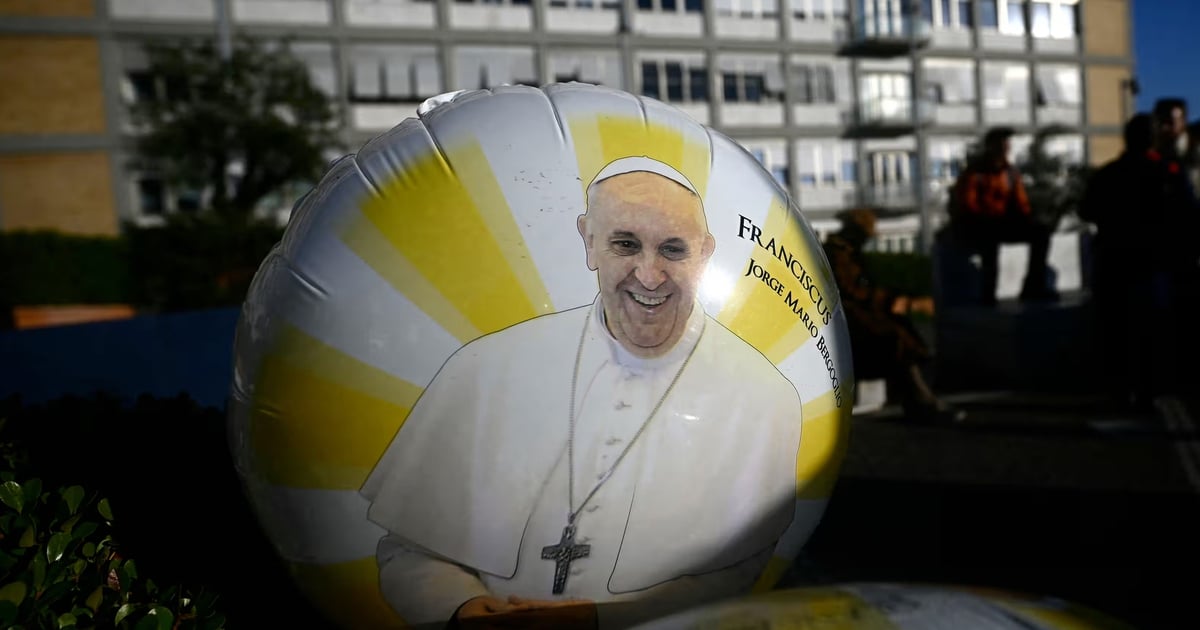


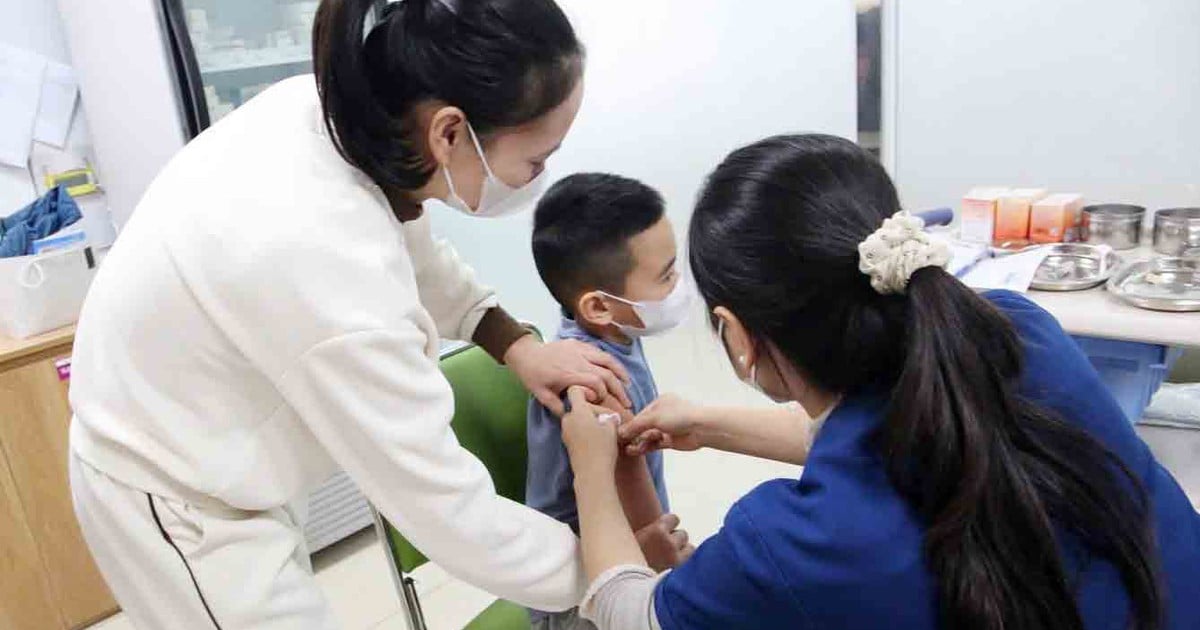
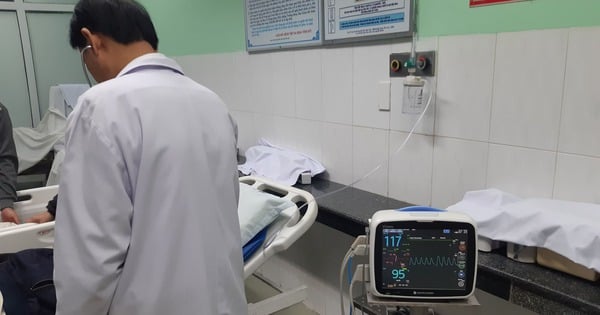



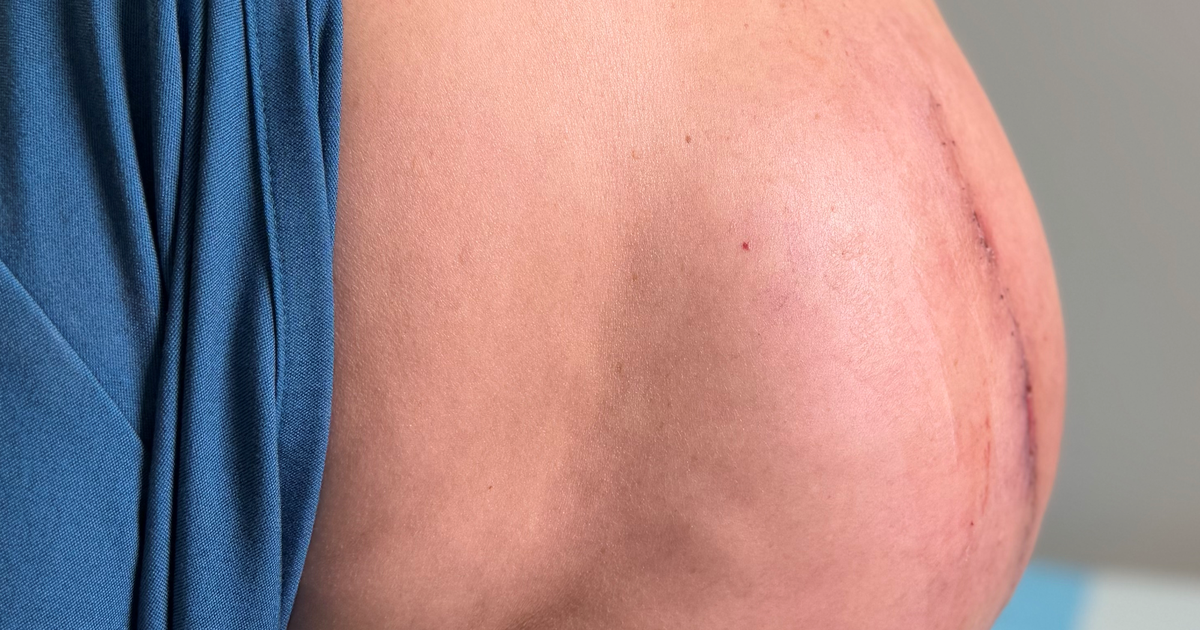

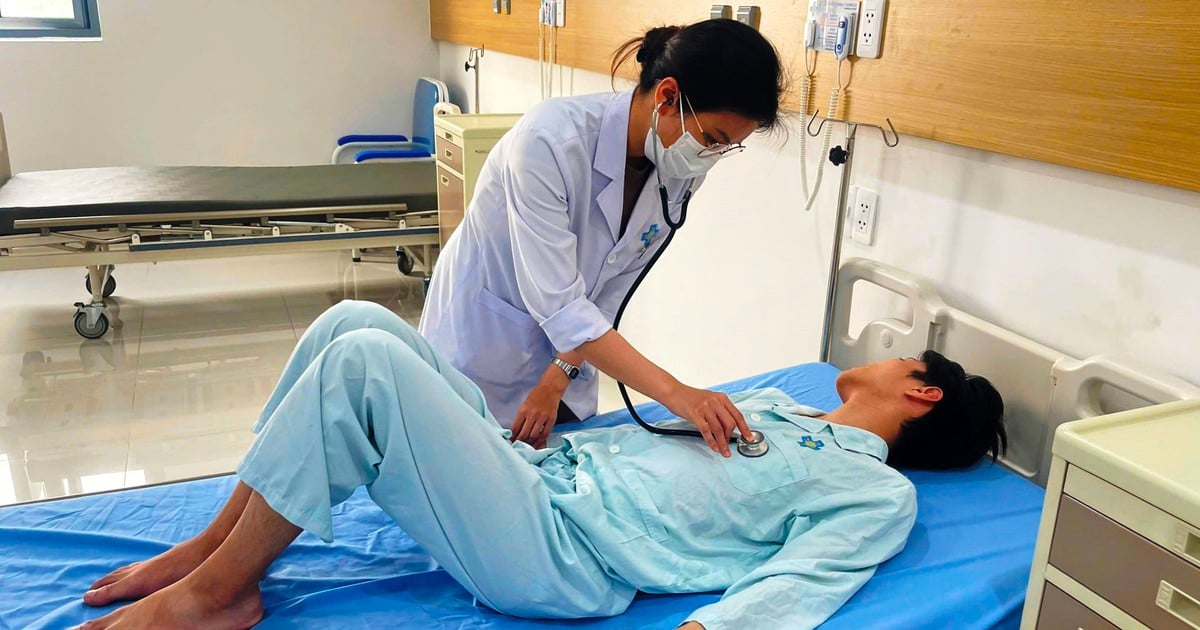
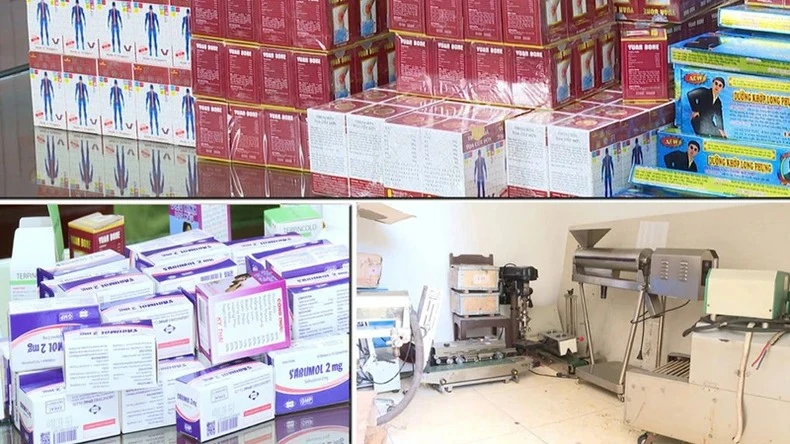










![[Photo] Welcoming ceremony for Chinese Defense Minister and delegation for friendship exchange](https://vstatic.vietnam.vn/vietnam/resource/IMAGE/2025/4/17/fadd533046594e5cacbb28de4c4d5655)


























![[Video] Viettel officially puts into operation the largest submarine optical cable line in Vietnam](https://vstatic.vietnam.vn/vietnam/resource/IMAGE/2025/4/17/f19008c6010c4a538cc422cb791ca0a1)





















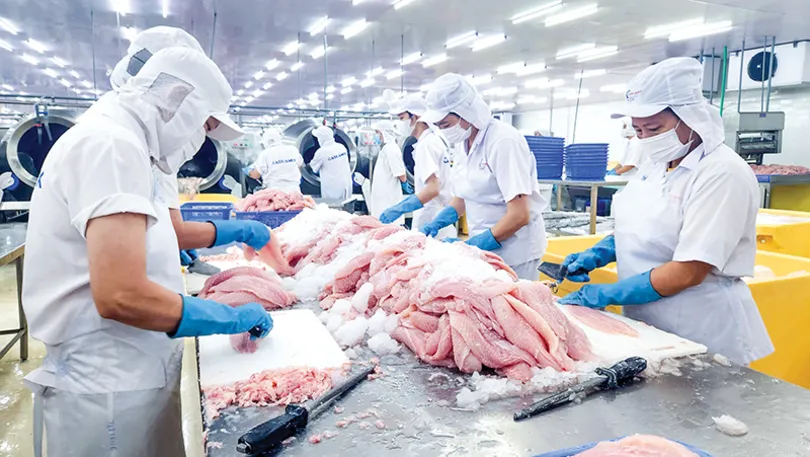
















Comment (0)